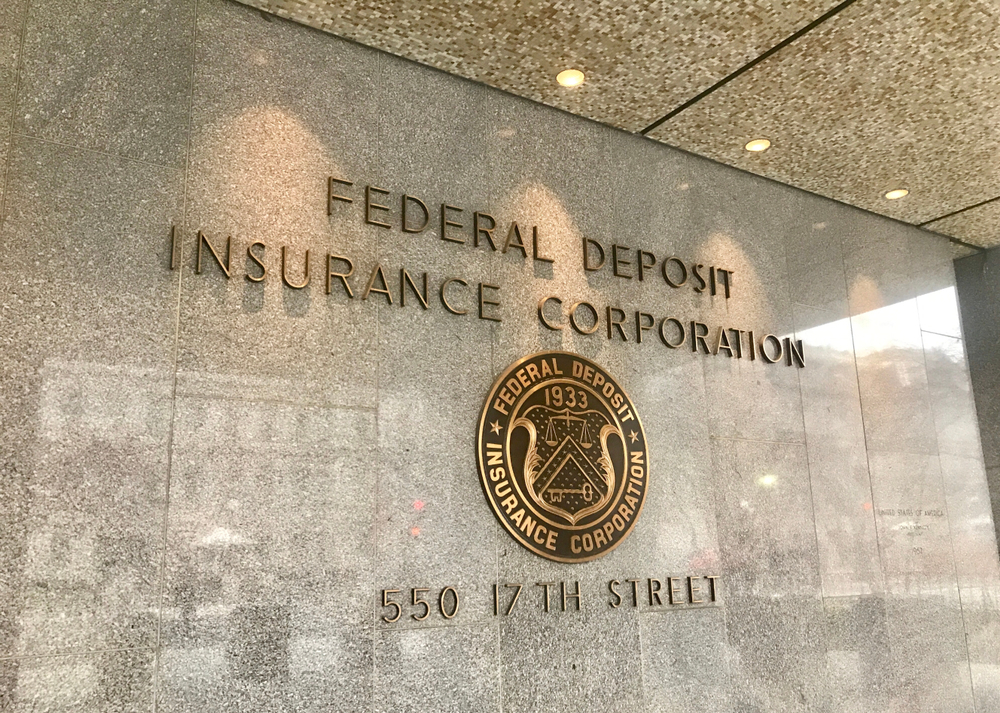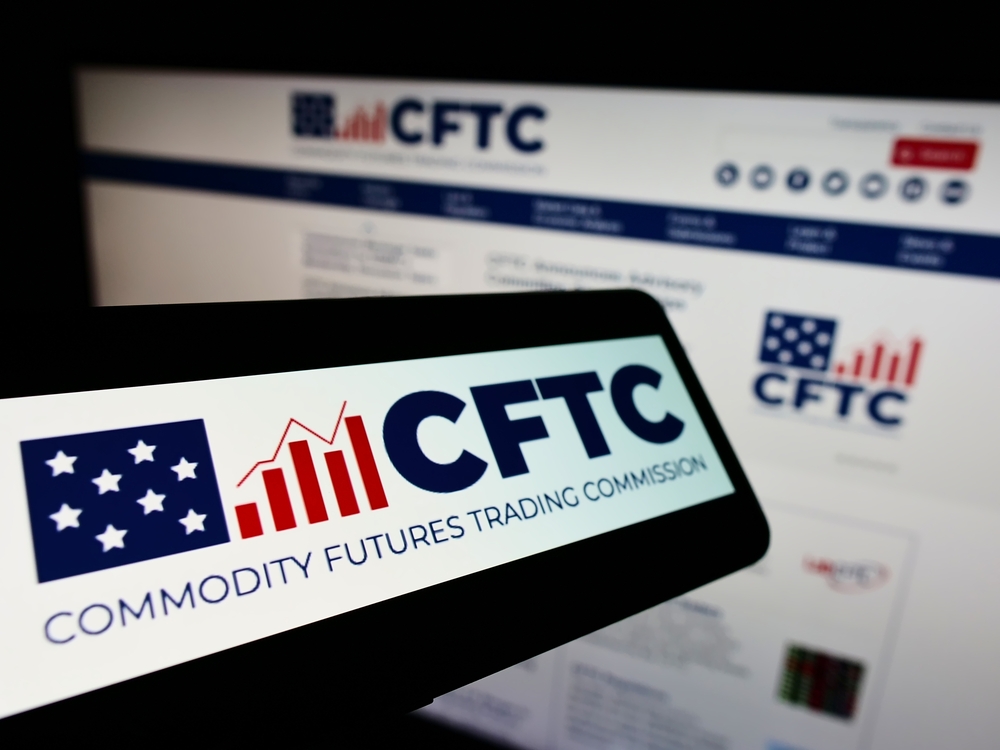The finance management department of Japan has given the impression that it might be working to create a new law to regulate the De-Fi services, given that it is presently spotlighting redistributed financial programs.
The Japanese state authorities have declared an open bidding process and a fact-finding survey for redistributed finance services.
The FSA is said to have elicited De-Fi participants to take part in a fact-checking examination on the industry in order to better realize the real-life situation around the DeFi info regulation and its other features.
The Japanese state last week announced its plans in an open announcement, dedicated to the investigation on comprehending the existent state of the De-Fi projects in redistributed finance organizations.
According to the agency, potential associates might have access to the participation guidelines and have until December 9, 2022, to email their “bid” expressing interest in participating.
A virtual briefing will be held by FSA
In add-on to the inquiring study, the Japanese authorities plan to throw a legal brief on the contest.
Anyone interested in participating in the internet meeting should direct an email to the provided account by December 1st at 16:00, according to the FSA. However, competitive bidding does not require the explanatory meeting.
The FSA began its DeFi investigation after Japan-based Quine took a similar action. It most recently looked into the decentralized financial systems’ trust architecture.
IT-related company that collaborates with NTT DATA. In June, a lengthy study from the FSA was released in response to the survey.
Interviews with relevant parties, case studies of representative DeFi protocols, and the presumption that most DeFi-related undertakings hold particular centered components that clients must blindly trust, all helped to support the study’s assumptions.
The survey results
The survey makes some inferences about how DeFi is governed. The FSA is in charge of regulating the cryptocurrency industry and was granted full authority to change the law of the land.
It began supervising the nation’s cryptocurrency exchanges in 2017, and since then, it has enforced several of the strictest regulations on them in the entire world.







